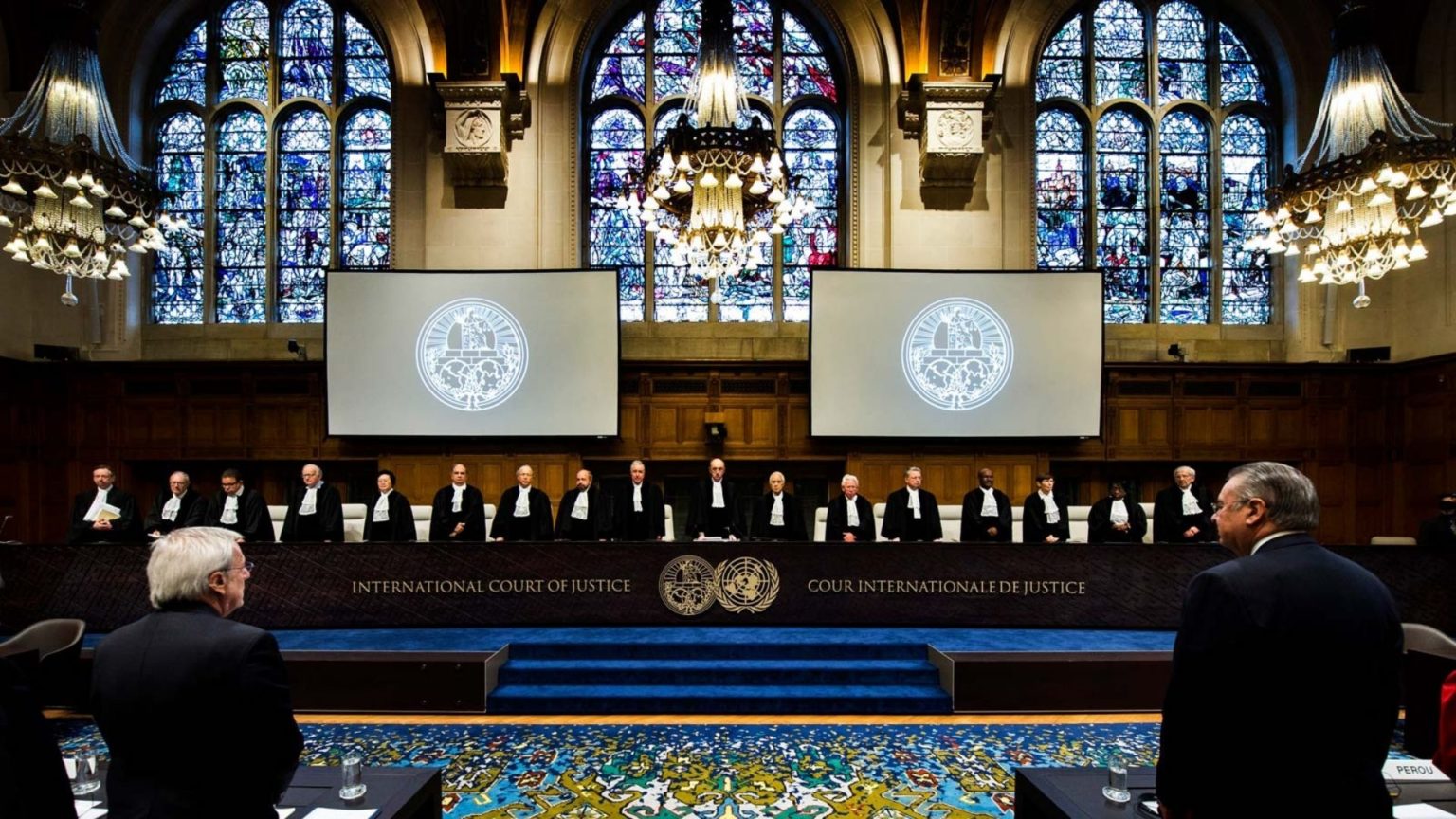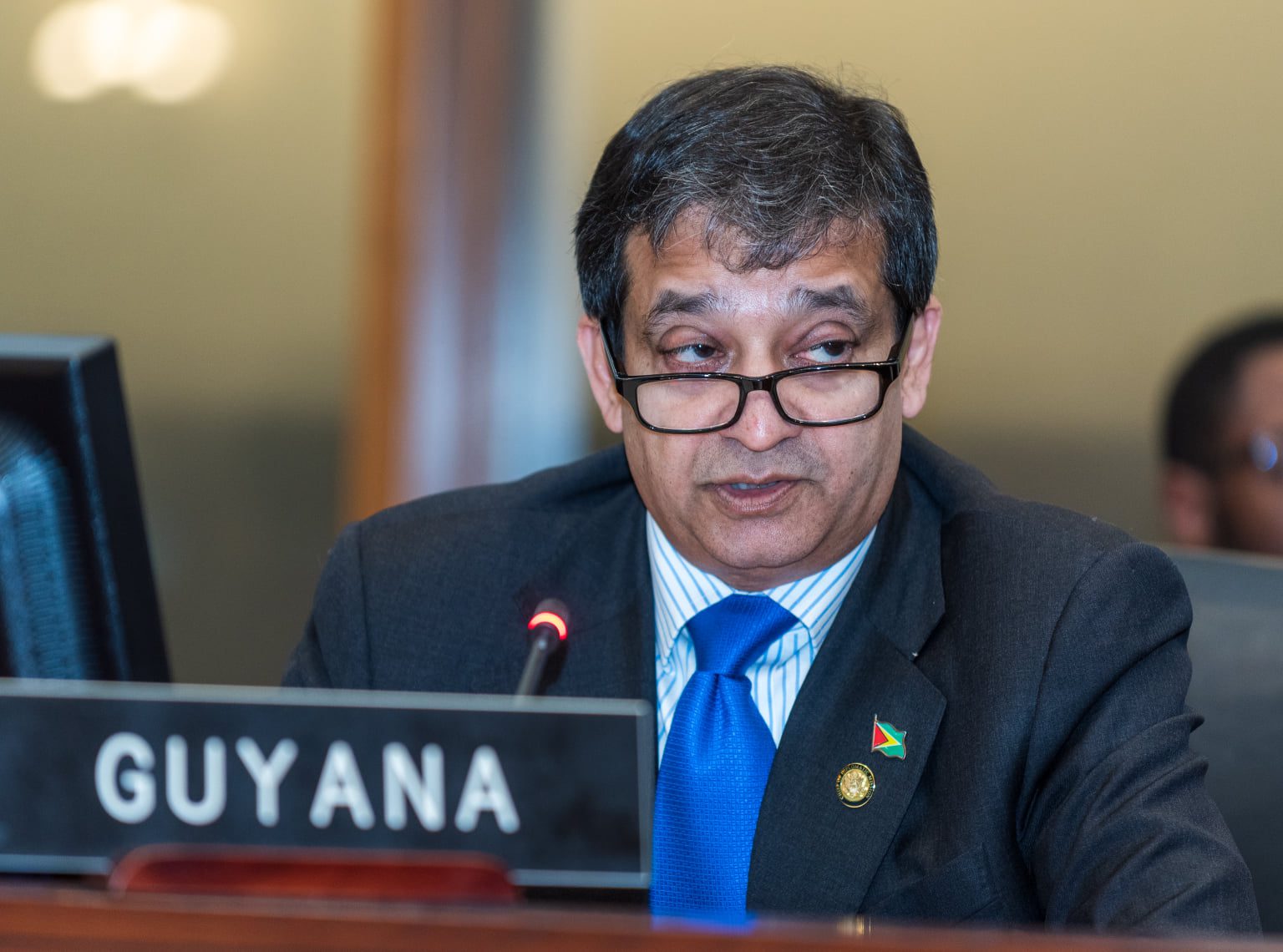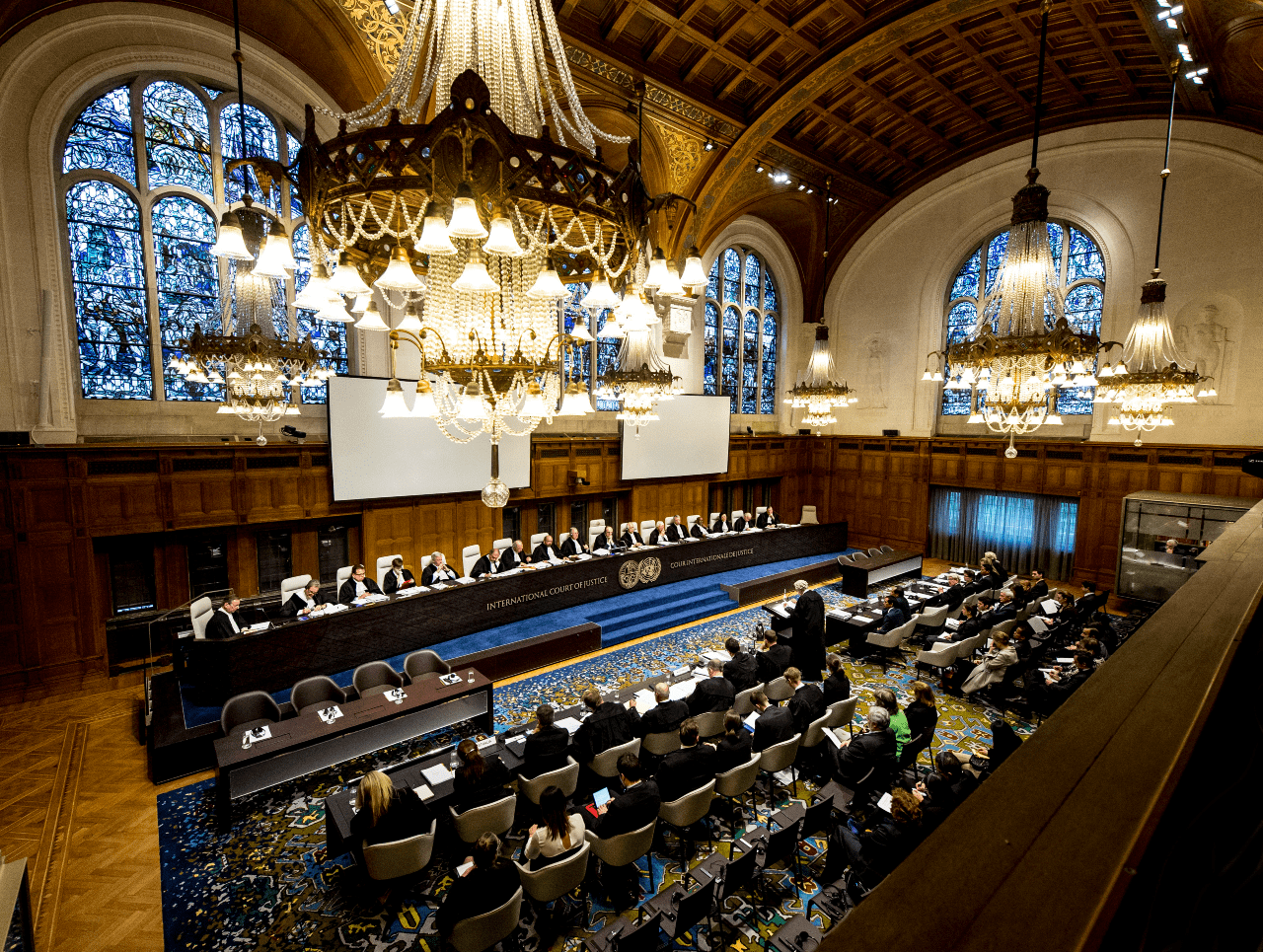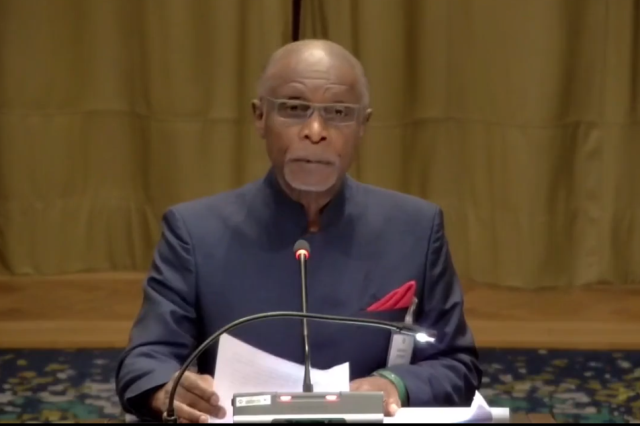March 29 2018
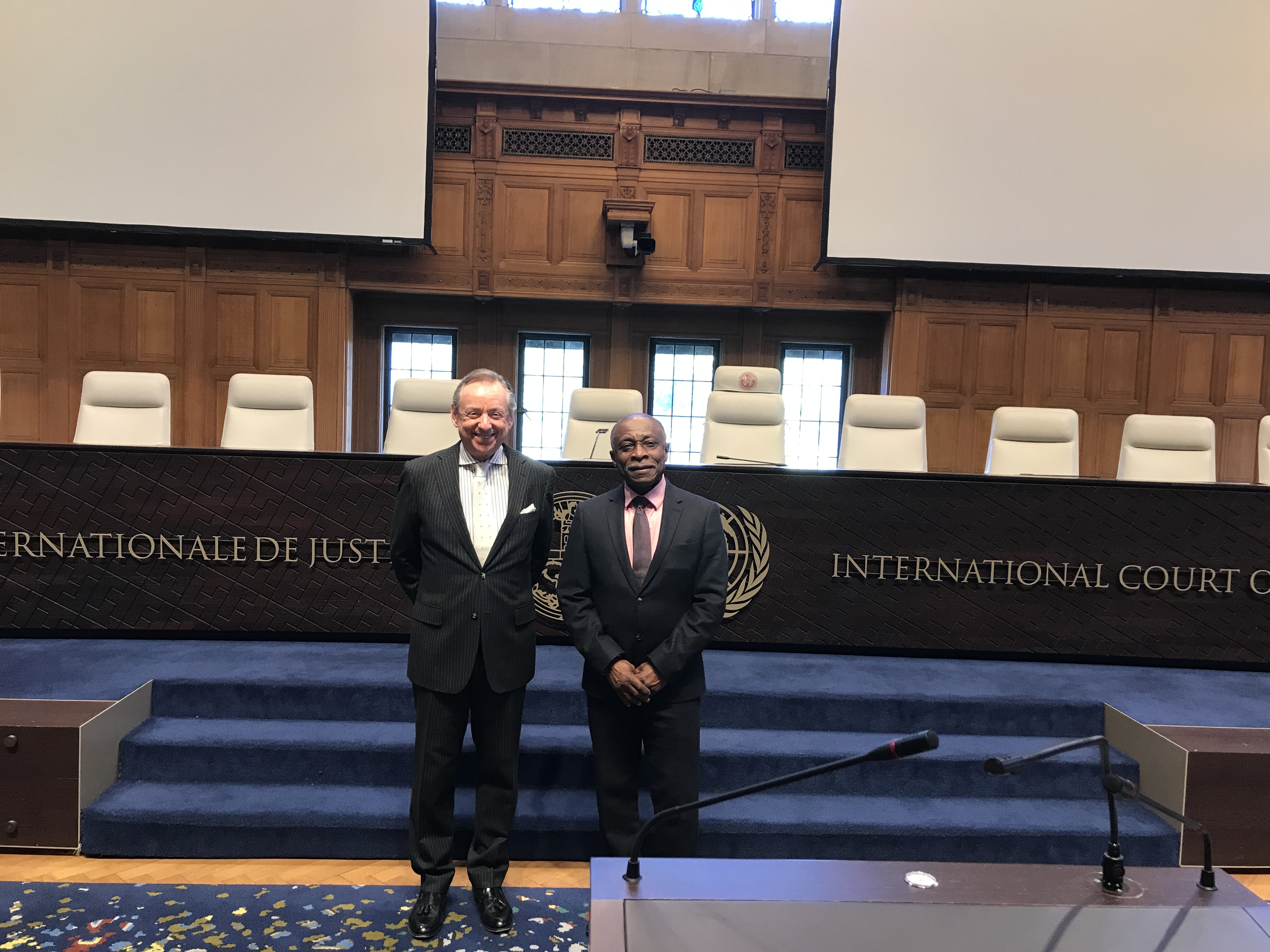
This story is developing and will be updated.
In a historic step, Guyana today filed its application to the International Court of Justice (ICJ) requesting that it confirm the legal validity and binding effect of the 1899 Arbitral Award on the boundary between Guyana and Venezuela.
A statement from the Ministry of Foreign Affairs today said that the application follows the decision by the UN Secretary General Antonio Guterres to choose the ICJ as the next means of resolving the controversy following Venezuela’s contention that the Arbitral Award of 1899 was null and void.
The application could bring a decisive end to the controversy which has dogged Guyana since its independence and has been exploited by Venezuela to prevent investment in the county of Essequibo.
The statement said that in its application to the Holland-based court, Guyana highlighted that Venezuela had for more than 60 years “consistently recognized and respected the validity and binding force of the 1899 Award and the 1905 Map agreed by both sides in furtherance of the Award”.
The statement added that Venezuela had only altered its position formally in 1962 as the United Kingdom was making final preparations for the independence of British Guiana and “had threatened not to recognize the new State, or its boundaries, unless the United Kingdom agreed to set aside the 1899 Award and cede to Venezuela all of the territory west of the Essequibo River, amounting to some two-thirds of Guyana’s territory”.
According to the statement, Guyana’s application notes that while Venezuela has never produced any evidence to substantiate its belated repudiation of the 1899 Award, “it has used it as an excuse to occupy territory awarded to Guyana in 1899, to inhibit Guyana’s economic development and to violate Guyana’s sovereignty and sovereign rights”.
The statement asserted that the UN Secretary-General’s authority to choose the ICJ – based in The Hague – as a means of resolving the controversy is based on the Geneva Agreement of 1966 which was negotiated just before Guyana gained independence.
On January 30th 2018, Guterres concluded that the Good Offices process which the two countries had engaged in for almost 30 years had failed to achieve a solution to the controversy and therefore chose the ICJ as the next means of settlement.
The application was handed over to Registrar of the ICJ, Philippe Couvreur by Vice President and Minister of Foreign Affairs, Carl Greenidge who will function as Guyana’s Agent in the proceedings before the court.
According to Greenidge, in filing its application, Guyana has respected the Secretary-General’s decision and placed its faith in the ICJ to “resolve the controversy in accordance with its Statute and jurisprudence, based on the fundamental principles of international law, including the sanctity of treaties, the maintenance of settled boundaries and respect for the sovereignty and territorial integrity of States”.

